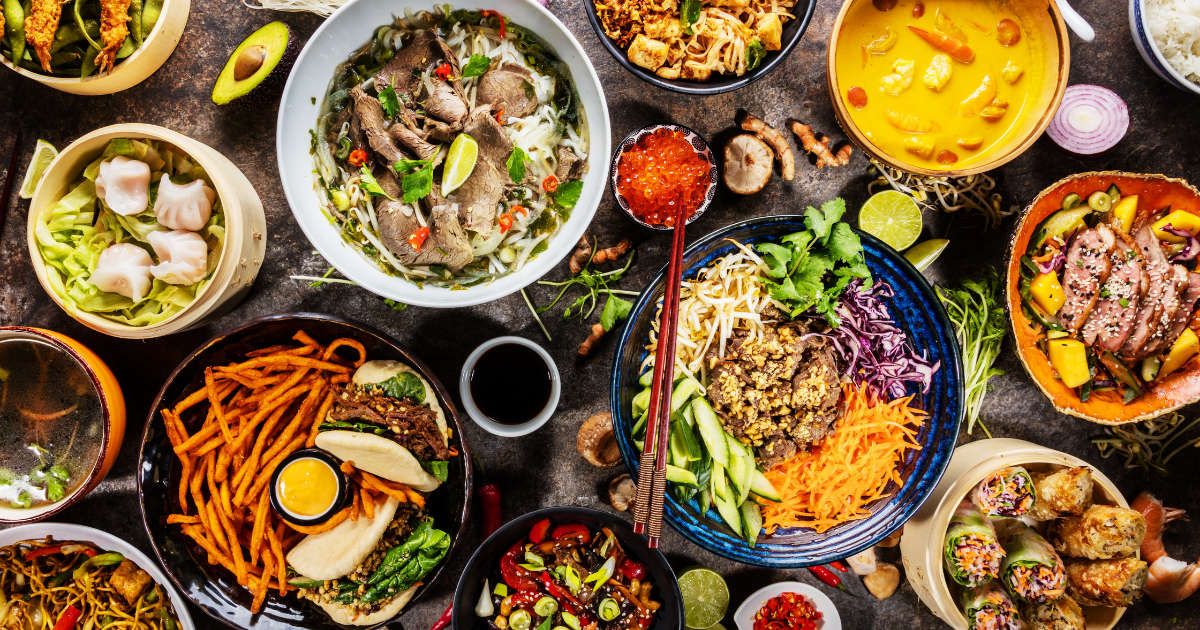Tourism is a multifaceted phenomenon that encompasses elements of leisure, hobbies, and ways to spend one’s time. It’s not just about active relaxation; it’s a journey of discovery to new places and adventures that breathe life into modern routines. You can immerse yourself in an unfamiliar culture, try out Cyprus sporting betting, learn new languages, and savor new dishes. It’s the latter, namely culinary tourism, that we want to focus on.
What Is Culinary Tourism and What Are Its Benefits?
The main goal of culinary travel is to sample new dishes and beverages. It is a full-fledged philosophy in which travelers approach food in a unique way. Such trips allow you to:
- Significantly broaden your understanding of other countries and see them as ordinary tourists do not. Culinary travel primarily means immersing yourself in the culture of another country, delving into its history and traditions.
- Make new acquaintances. Tours often involve small groups of people who have enough time to get to know each other better.
- Deepen your knowledge of culinary arts. This is beneficial for both home cooking enthusiasts and professional chefs. If your job is closely related to culinary arts, a culinary tour will provide you with valuable experience for the future.
Objects of Culinary Tourism
Countries with rich culinary traditions often serve as magnets for food enthusiasts and travelers seeking authentic gastronomic experiences. These destinations offer a window into the heart and soul of a culture, allowing visitors to explore the worldviews, habits, and preferences of different nations through their food.
Additionally, regions known for specific culinary products, such as wine-producing areas in France like Bordeaux, Alsace, Burgundy, and Champagne, provide a deeper appreciation for the art of winemaking and the terroir that shapes each bottle.
In bustling culinary cities like New York, London, Paris, Tokyo, Rome, Brussels, Hong Kong, Barcelona, San Francisco, and New Orleans, the food scene is a vibrant tapestry of flavors and cultures. These cities showcase a diverse range of cuisines, styles, and formats, making them ideal places for culinary exploration.
By trying traditional dishes from various cultures, travelers can gain fresh perspectives on the culture and values of different nations. It’s an opportunity to delve into the rich tapestry of global gastronomy, discovering the stories and traditions that have shaped each unique culinary heritage.


